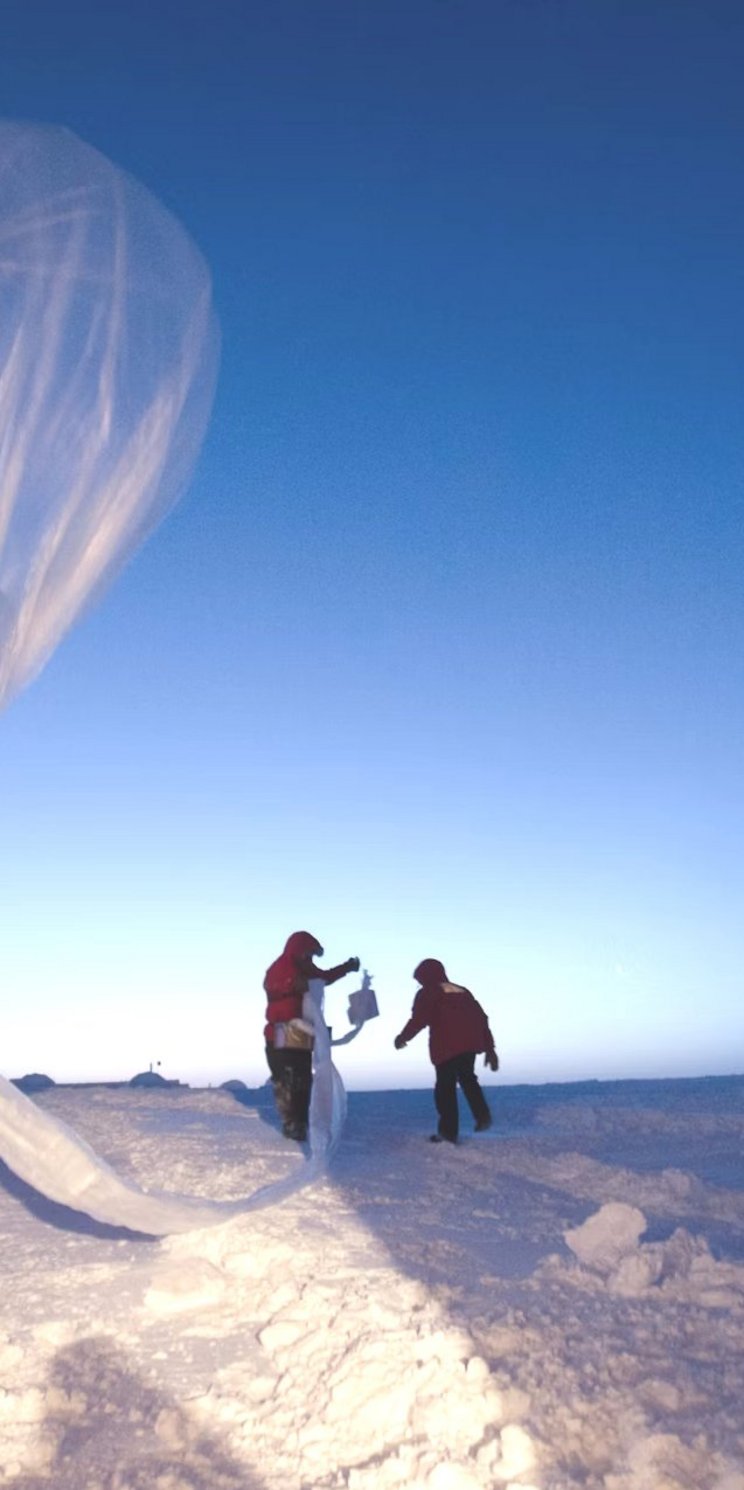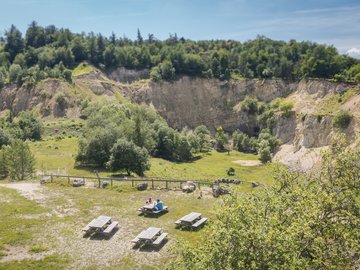
UNESCO is dedicated to scientific freedom, the highest quality standards and international academic cooperation around the world. An essential part of its work involves defining common global norms and standards, particularly with respect to strengthening its contribution to sustainable development. The goal of UNESCO is to make scientific findings available to all, empower people to participate in the spirit of “open science”, and contribute to a peaceful, sustainable and liveable world through international cooperation.
UNESCO particularly focuses on promoting science initiatives in low-income countries and supporting the creation of research infrastructures, backing women and young researchers and establishing a code of scientific ethics. For over 50 years, UNESCO has funded science programmes to advance the study of the pressing challenges facing society and global common goods (GCGs). It serves as an important platform for sharing sovereign data for research purposes, e.g. in oceanology and freshwater research. UNESCO advises countries on reforming their scientific policies and presents the progress they have made in this regard in its regularly published Science Report. Since 2023, it has campaigned intensively to protect scientific freedom and the safety of researchers.
Focuses of the German Commission for UNESCO
The German Commission for UNESCO acts as an intermediary between the German research sector and the UNESCO Science programmes. It also develops projects of its own which advance UNESCO’s objectives in this area. Various national committees manage the programmes on oceanography, freshwater research, Biosphere Reserves, Geoparks and the geosciences. The German Commission for UNESCO coordinates closely with the national committees and/or contributes to their respective programmes. As an intermediary, the Commission works toward implementing the UNESCO human rights law through expert dialogue. Among other things, it has contributed to establishing the inter- and transdisciplinary form of “sustainability science” based on the UNESCO guidelines. Its activities focus on equitable scientific partnerships, open science and the ethics of artificial intelligence.


